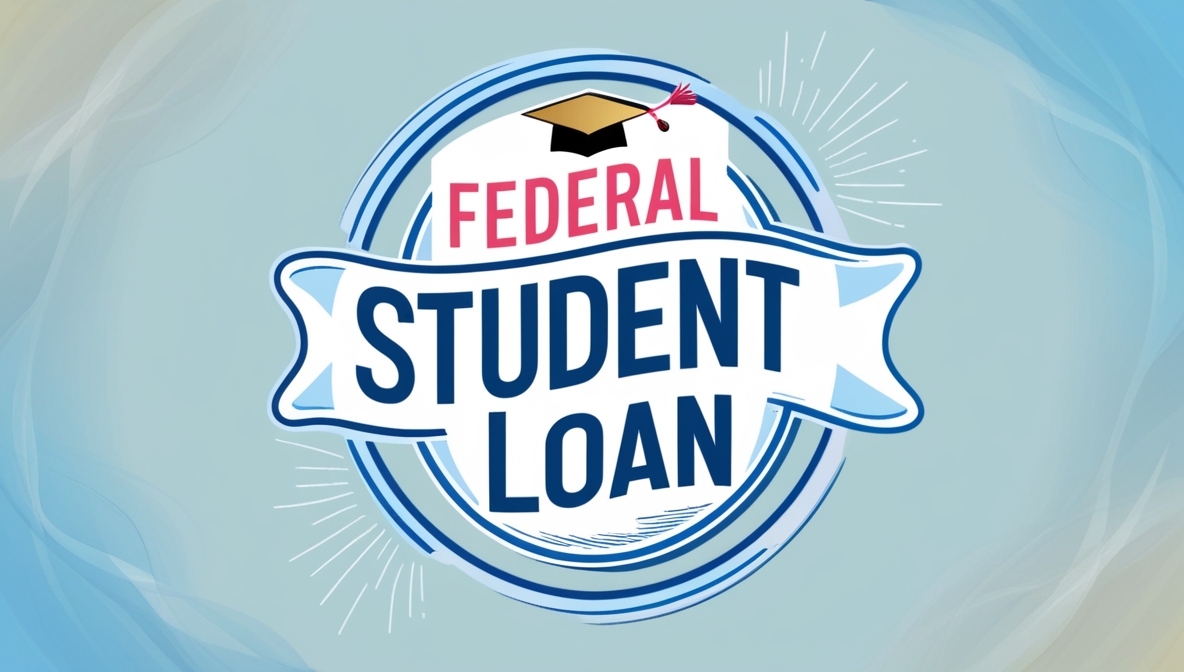The Complete Guide to Applying for a Federal Student Loan And What You Should Know
Introduction:
- In this guide, we will provide you with all the information you need to know on how to apply for a federal student loan and what you should know before applying. The first step is to find out if you qualify for a federal student loan. To do so, you need to know your Expected Family Contribution (EFC). This is determined by the Department of Education and it represents the amount that your family can contribute towards your education. If your EFC is less than $5,000 then you are eligible for a federal student loan.
- If you’re not eligible for a federal student loan but would still like to apply for one, then there are other options available such as private loans or scholarships. These options may be more expensive than federal loans but they have their own benefits as well. For example, private loans have lower interest rates and offer flexible repayment plans while scholarships come with no repayment obligations at all.
What is a Federal Student Loan?
- Federal student loans are a type of federal loan that is given to students and parents to help them pay for their post-secondary education. Federal student loans are available in two types: subsidized and unsubsidized.
- Subsidized loans are usually based on financial need, so the government pays the interest on the loan while the student is enrolled in school at least half time. Unsubsidized loans charge interest from day one, regardless of whether or not a student has financial need.
How to Apply for a Federal Student Loan?
- The Federal Student Loan Program is a government-sponsored student loan program that provides financial assistance to eligible students. The loans are provided through a network of lenders and guaranty agencies to help students and their families finance the cost of postsecondary education.
- To apply for a federal student loan, you need to complete the Free Application for Federal Student Aid (FAFSA). After filling out the FAFSA form, you will receive an award letter from your college or university stating what type of loans and grants you are eligible for. The award letter will also contain information about how much money you need to pay out-of-pocket each year.
Federal Loans vs. Private Loans:
- Federal loans are made by the government and are offered to students who meet certain requirements. Private loans are offered by banks, credit unions, and other private lenders.
- Federal loans have lower interest rates than private loans. However, federal loans have stricter eligibility requirements for those who qualify for them.

What are the Benefits of an Unsubsidized Loan?
- There are many benefits to an unsubsidized loan. One of the most common is that you can get a larger sum of money than if you were to take out a subsidized loan. This is because the interest rates are typically higher on an unsubsidized loan, and so you have to pay more in interest over time.
- The other benefit of an unsubsidized loan is that it doesn’t require any sort of credit check, which makes it easier for people with bad credit or no credit history to be able to get a loan.
What is an Interest Rate on a Federal Student Loan?
- The interest rate on a federal student loan is determined by the borrower’s credit history. If a borrower has a high credit score, they will have a lower interest rate than someone with lower credit.
- The interest rate on federal student loans is set at an annual percentage of 5%. This means that the borrower will be charged 5% every year for the duration of their loan. The interest will be compounded so that it accumulates over time and this means that it can become more expensive to pay off.
- Interest rates are typically higher on private loans, but some lenders offer lower rates to borrowers with good credit scores. These lenders may charge an annual percentage of 4% or 3%. However, these rates are still higher than what students would pay for federal loans.

Conclusion:
The conclusion section is a summary of the main points in the essay. It should be brief and to the point, and should not introduce any new ideas. In this Article, I have discussed why it is worth looking into your eligibility factors when applying for a Federal College Loan. The conclusion section summarizes that idea by stating that it is worth looking into your eligibility factors when applying for a federal college loan because if you do not then you might not get approved for one.
